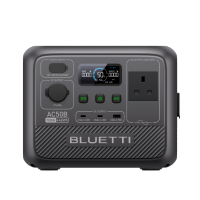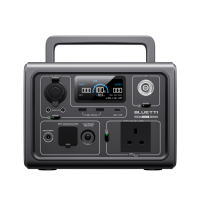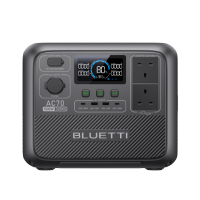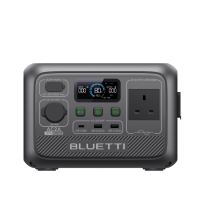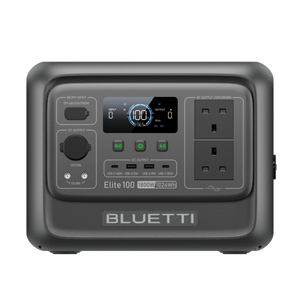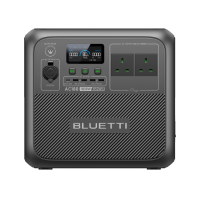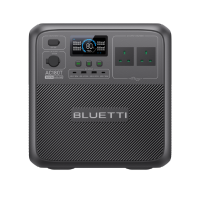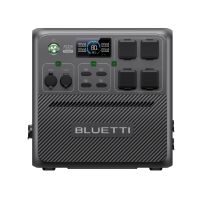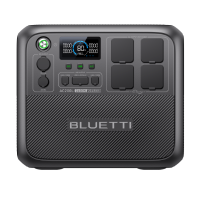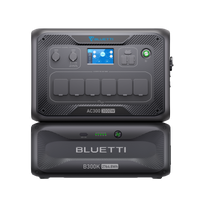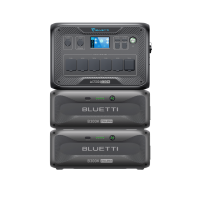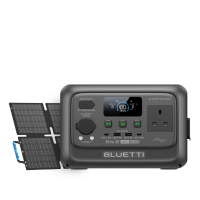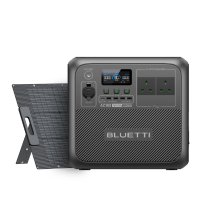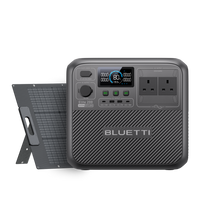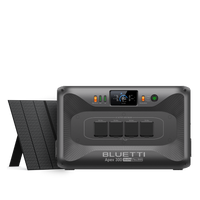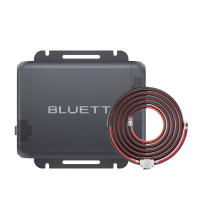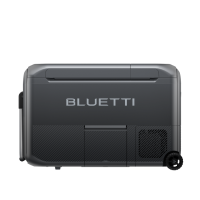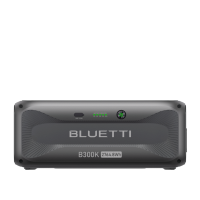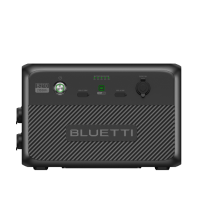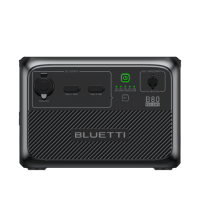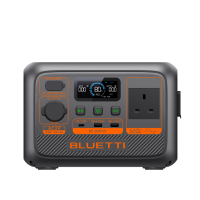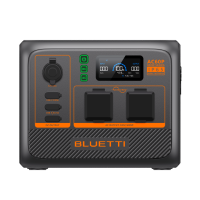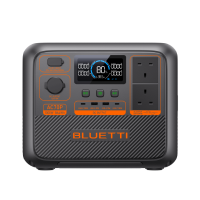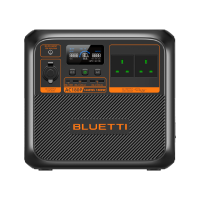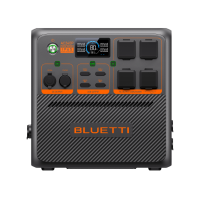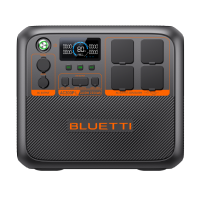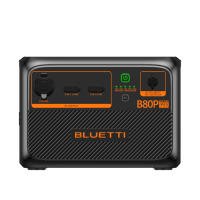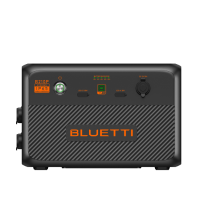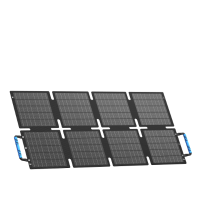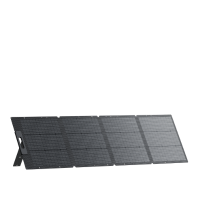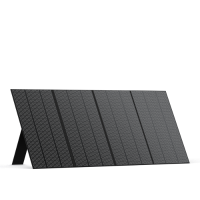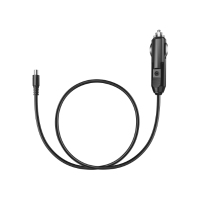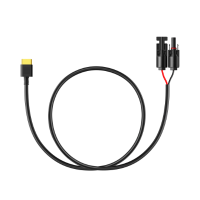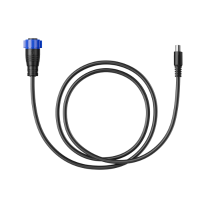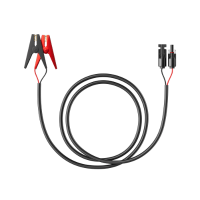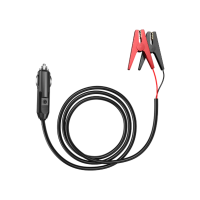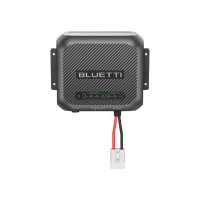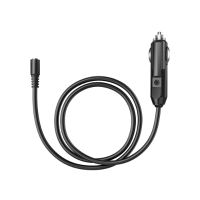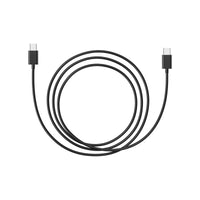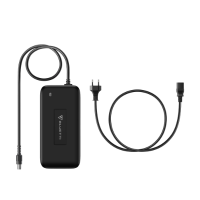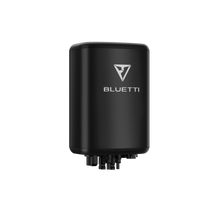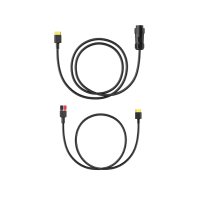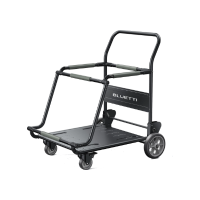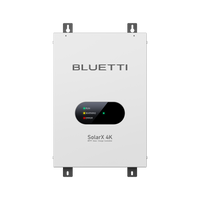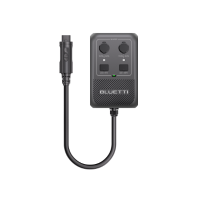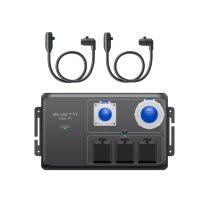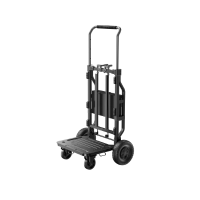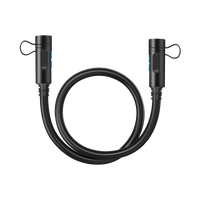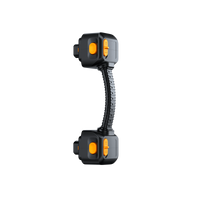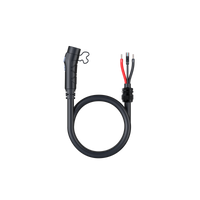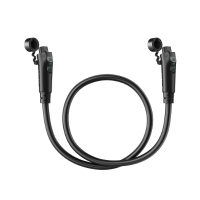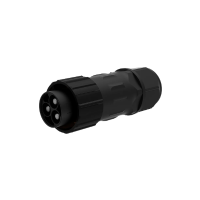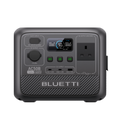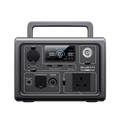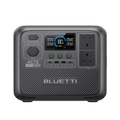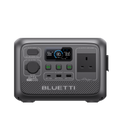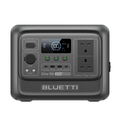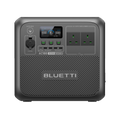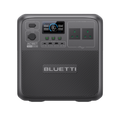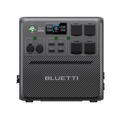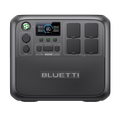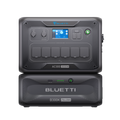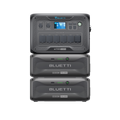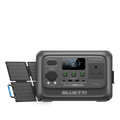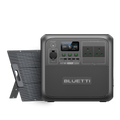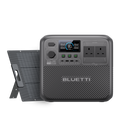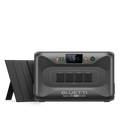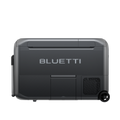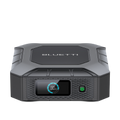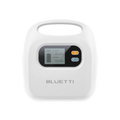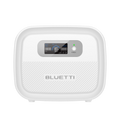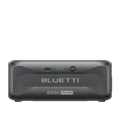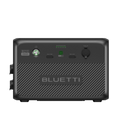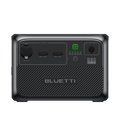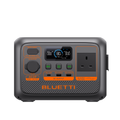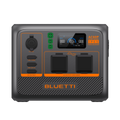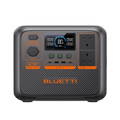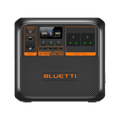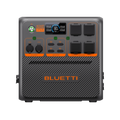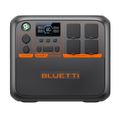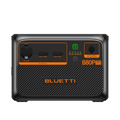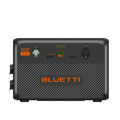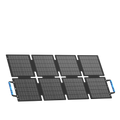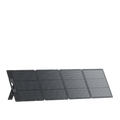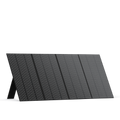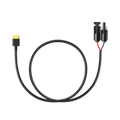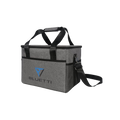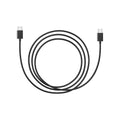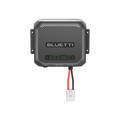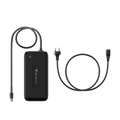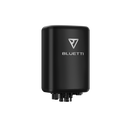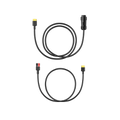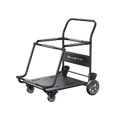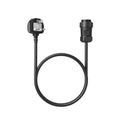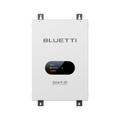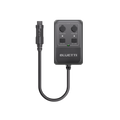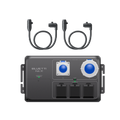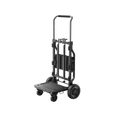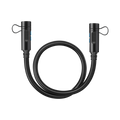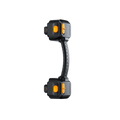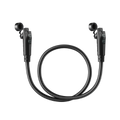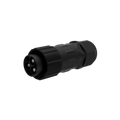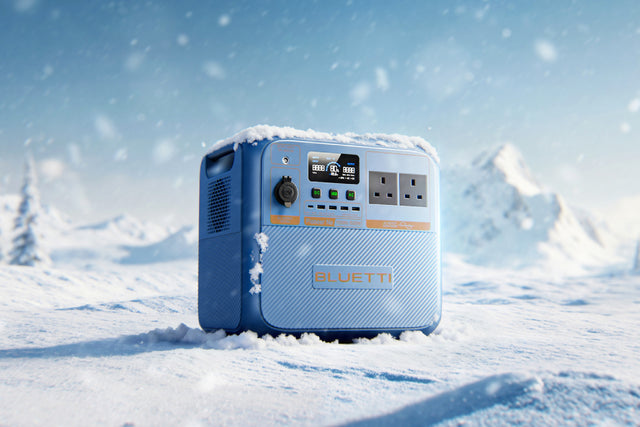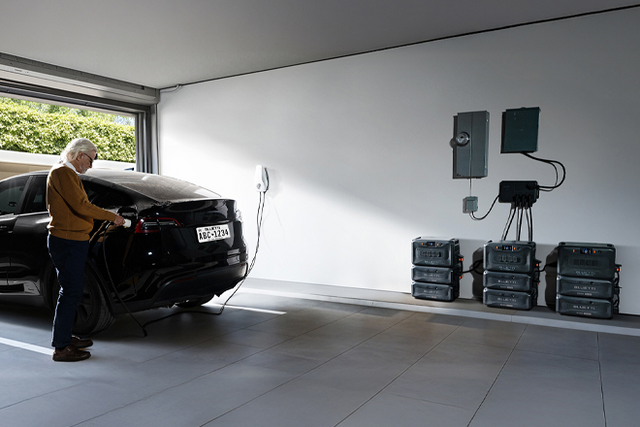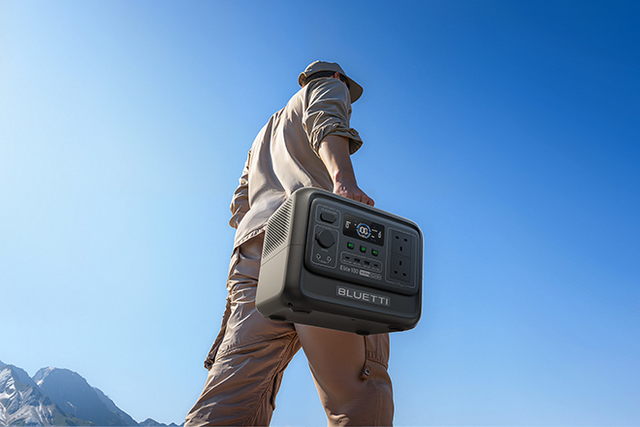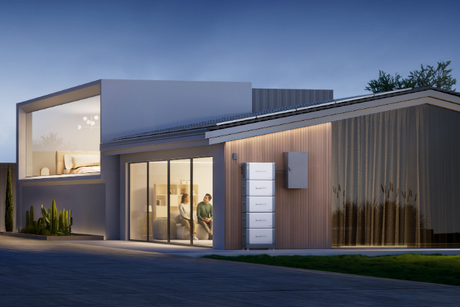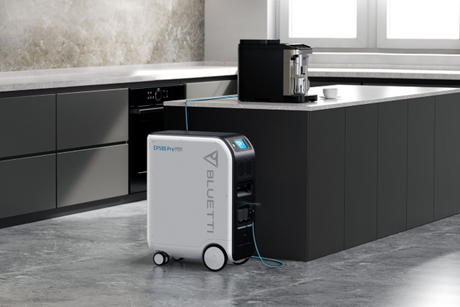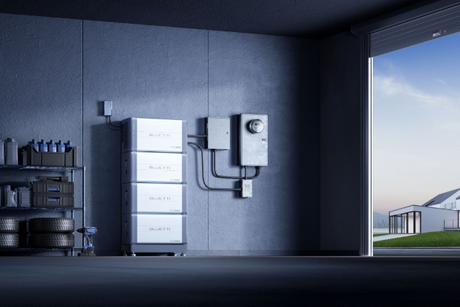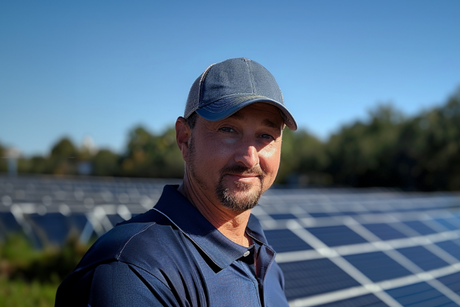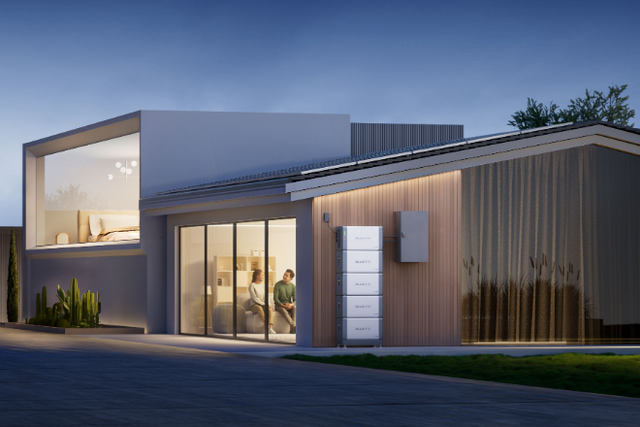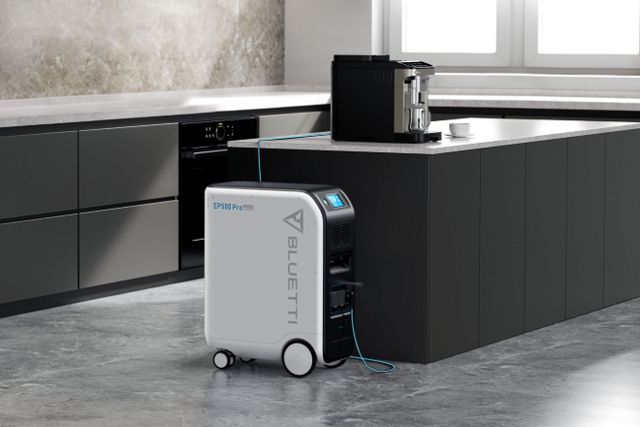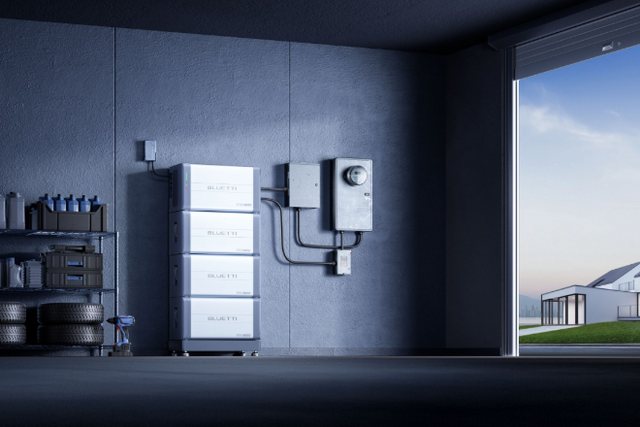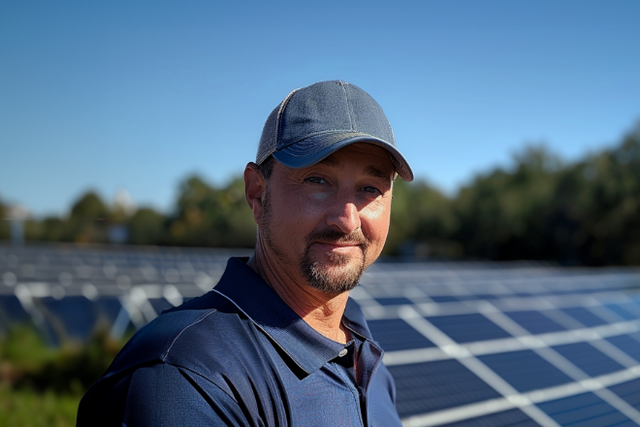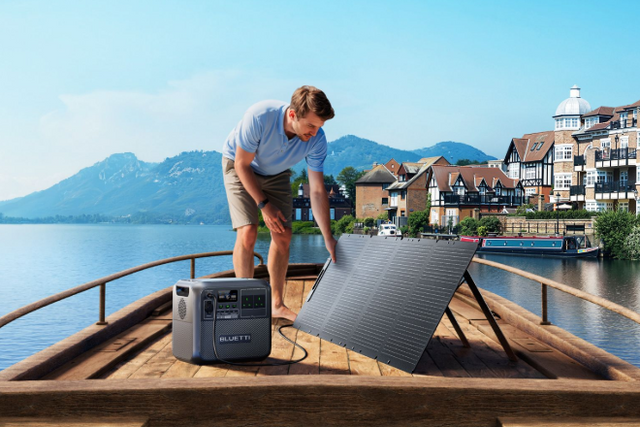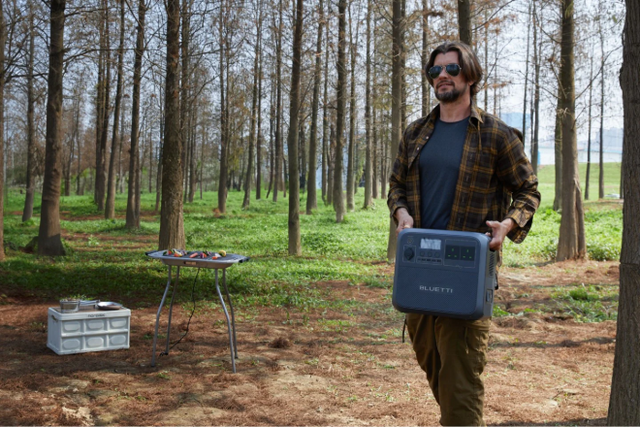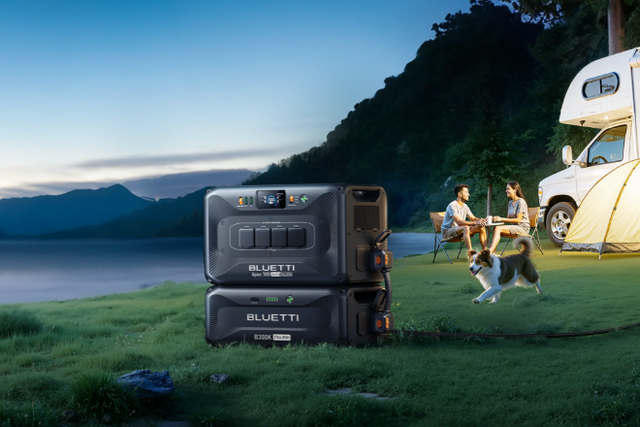What Is AC Coupling? How AC Coupled Battery Storage Works?
AC coupled battery storage is the technique of alternating current (AC) connecting a battery storage system to a solar power system. Usually consisting of solar panels coupled to an inverter, this arrangement transforms the direct current (DC) electricity produced by the panels into AC power fit for household consumption or for grid feeding. Furthermore included in an AC coupled battery storage system is a specific battery inverter. This part is absolutely essential since, when production rises over consumption, it turns AC electricity back into DC to store extra energy in the batteries.
Moreover, the battery inverter transforms the stored DC energy back to AC for usage during times when solar output is inadequate to satisfy home energy needs. This double conversion mechanism guarantees that independent of solar output, energy is accessible and utilised, therefore offering a consistent, continuous source of power. In grid-tied systems, where solar installation serves mostly to offset the cost of grid electricity and boost energy independence, this approach is very beneficial.
What Is DC Coupling? How Does DC Coupling Work?
In contrast to AC coupled battery storage, DC coupling involves a more direct connection where the solar panels are linked directly to the battery storage system through a direct current (DC) pathway. This method significantly streamlines the process of storing solar energy by eliminating the need for multiple conversions of power forms. Instead of converting the DC power produced by the solar panels into AC for household use and then back to DC for storage, DC coupling allows the DC electricity to be stored directly in the batteries without intermediate conversions.
An inverter is still used in the system, but its role is solely to convert the DC output from the batteries into AC when the stored energy is needed for household consumption or for supplying power back to the grid. This direct storage method not only simplifies the overall system architecture but also enhances efficiency by reducing energy losses associated with the conversion processes. As a result, DC-coupled systems can offer improved efficiency and faster response times in energy transfer and retrieval, making them particularly effective for applications where energy usage patterns are dynamic and unpredictable.
BLUETTI EP760
BLUETTI EP760 is a cutting-edge and versatile energy system designed for modern energy needs. This system uniquely supports both AC and DC coupling and is equipped with multiple output interfaces, making it incredibly adaptable for various home and business energy applications. The EP760's capability to store energy when electricity prices are at their lowest and then supply it during peak price times exemplifies its efficient power management. This strategic feature not only optimises energy costs but also ensures that users can benefit from substantial savings on their power bills.

The BLUETTI EP760 is more appealing since it is built with strong parts that guarantee dependability and lifetime. Its whole 10-year warranty emphasises the manufacturer's faith in its dependability and long-term performance. This guarantee not only offers peace of mind but also supports the worth of the EP760 purchase. For those trying to economically control their energy consumption, the system is a great solution since it combines cutting-edge technologies with useful characteristics.
Advantages And Disadvantages Of AC Coupling And DC Coupling
Advantages Of AC Coupled Battery Storage:
- Compatibility with existing AC systems.
- Flexibility in installation and scalability.
- Allows for the use of energy from both the grid and the solar panels.
Disadvantages Of AC Coupled Battery Storage:
- Less efficient due to double conversion (DC to AC, then AC to DC).
- Potentially higher costs due to additional components.
Advantages Of DC Coupling:
- Higher efficiency due to direct storage of DC.
- Reduced component needs and potentially lower costs.
- Better for off-grid systems where no interaction with the AC grid is needed.
Disadvantages Of DC Coupling:
- Less flexibility in integration with existing AC systems.
- Typically requires a complete system overhaul if upgrading from an existing solar setup.
Is AC Coupling Better Than DC Coupling?
The choice between AC coupled battery storage and DC coupling depends heavily on specific needs, existing setups, and the goals of the energy system installation. AC coupling might be the preferred choice for homes that are already equipped with an AC solar array. This is because it allows for the integration of battery storage without the need to replace or extensively modify the existing power conversion systems. In such cases, AC coupled battery storage offers a simpler, albeit potentially less efficient, solution that leverages the existing infrastructure.
On the other hand, DC coupling could be more efficient and cost-effective for new installations or when a complete system overhaul is being considered. Since DC coupling involves fewer energy conversions (directly storing the DC output from solar panels into batteries), it generally provides better efficiency and reduces energy loss. This setup is particularly advantageous in off-grid solar systems where maximising energy capture and storage efficiency is critical. Additionally, the overall system complexity and potential points of failure are reduced with DC coupling, which might also lower long-term maintenance costs and increase reliability. These benefits make DC coupling a compelling option for those installing a new system or those who can invest upfront in a more efficient and robust solar plus storage solution.

How Does Solar Power Work In An AC Coupled Battery Storage System?
The process starts with solar panels running an AC Coupled battery storage system using sunlight to generate DC (direct current) electricity. An inverter subsequently turns this DC electricity into AC (alternating current) power fit for usage in homes or companies. The inverter returns any extra energy not immediately required back into DC, which is then stored in batteries for use later on.
A second inverter turns stored DC power back into usable AC electricity when power demand exists during times when the solar panels are inactive, say at night or on overcast days. By using solar power gathered during sunny seasons to satisfy energy needs all year long, this cycle guarantees a constant and effective electricity supply.
By lowering dependability on the grid, this method not only maximises the usage of renewable energy but also improves energy independence. It provides a continuous power source and greatly lowers electricity expenditures over time, therefore enabling a sustainable and reasonably priced energy solution. By including such a system, both household and business users can guarantee they have a consistent energy source that fits their different power needs, thereby optimising solar energy to its maximum advantage.

Q&A About DC And AC Coupling
Why can't AC power be stored directly in batteries?
Batteries inherently store electricity as DC, thus AC from the grid or solar panels needs to be converted to DC for storage.
What is the round-trip efficiency of AC coupled batteries?
Typically, round trip efficiency ranges from 80% to 90%, considering the energy lost in the conversion process.
How much does a 10kW battery cost in the UK?
The cost can vary widely but typically ranges from £5,000 to £10,000 depending on the technology and installation costs.
Is battery storage AC or DC?
Battery storage systems store electricity as DC, regardless of whether they are AC or DC coupled to the power source.
Conclusion
Both AC (Alternating Current) and DC (Direct Current) coupling present unique benefits and challenges, making the choice between them dependent on specific use cases, the current infrastructure in place, and economic factors. AC coupling is valued for its flexibility and compatibility with existing power systems, allowing for straightforward integration without extensive modifications. This makes it an appealing option for those looking to retrofit older systems or integrate with a variety of renewable sources.

On the other hand, DC coupling is noted for its superior efficiency and cost-effectiveness in certain scenarios, particularly when used in new installations or systems where energy conversion layers can be minimised to enhance overall performance. Given these characteristics, selecting the appropriate battery storage system requires a careful analysis of these factors. In order to establish which coupling strategy is the most appropriate, decision-makers need to consider the benefits of each method in relation to their particular operational requirements, financial restrictions, and long-term energy objectives. Based on this careful evaluation, it is guaranteed that the system that is selected will provide the most effective support for the energy goals and the sustainability of the operation.
The BLUETTI EP760 stands as a beacon of innovation in renewable energy storage, offering a seamless blend of efficiency and versatility. Its ability to support both AC and DC coupling allows it to adapt to various energy needs and setups, making it an ideal choice for both home and business applications. With the BLUETTI EP760, users gain not only energy independence but also substantial savings on electricity costs, thanks to its strategic energy management capabilities. Investing in the BLUETTI EP760 means choosing a future where energy is sustainable, reliable, and economically smart. Embrace the power of solar with BLUETTI and turn sunlight into savings.
Shop products from this article
You May Also Like

Winter Fuel Payment: Eligibility, Payment Dates, and Winter Energy Tips
Winter Fuel Payments are the best source for pension-age households to manage rapidly increasing winter energy costs. Explore more on the eligibility, payment dates, allowance amounts, and practical winter energy...

Sodium-Ion vs Lithium-Ion Battery: The Real Science behind Cold Weather Battery Drain
Why is sodium-ion battery often considered more reliable in winter? Do you know the real science behind it? In this guide, you will explore the comparison between lithium-ion and sodium-ion...

Oven Power Consumption Explained: How Much Electricity Does Your Oven Use?
Have you ever thought about how much electricity your oven uses? What's the power rating in UK homes, or the associated cost with it? Discover some tips to reduce your...


